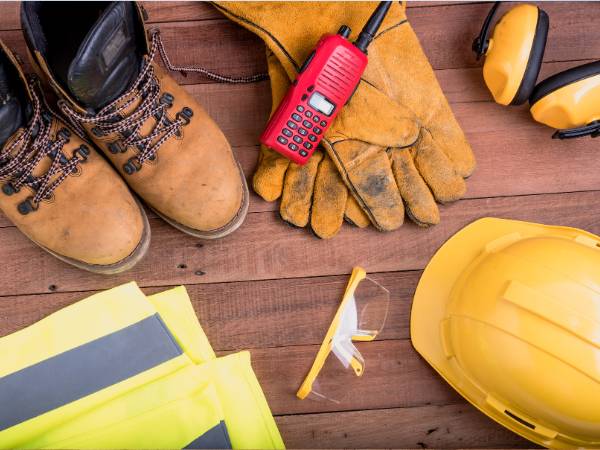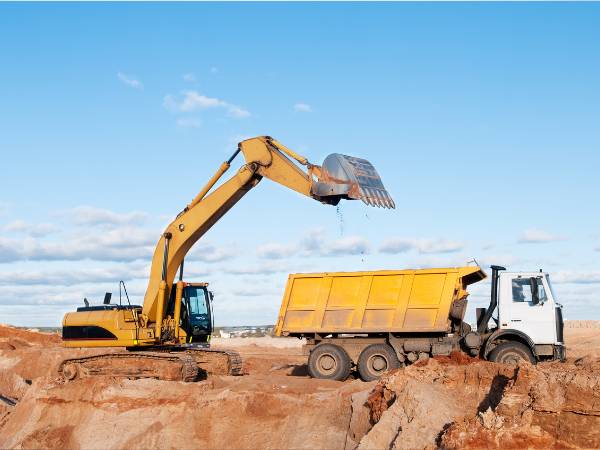Construction sites are dynamic environments that pose numerous risks to workers’ health and safety. To mitigate these risks, it is crucial for construction workers to receive up-to-date health and safety training. In the UK, where construction is a significant industry, ensuring that workers are equipped with the latest knowledge and skills is paramount. This blog post will explore the importance of up-to-date health and safety training on construction sites in the UK, highlighting the benefits it brings to both workers and employers.
- Compliance with Regulations: The UK has stringent health and safety regulations in place to protect workers in the construction industry. By providing up-to-date training, construction companies can ensure compliance with these regulations. This not only helps to avoid legal penalties but also demonstrates a commitment to the well-being of workers. Regular training ensures that workers are aware of the latest safety protocols, equipment usage, and emergency procedures, reducing the likelihood of accidents and injuries.
- Risk Reduction: Construction sites are inherently hazardous environments, with potential risks such as falls, electrocution, and exposure to harmful substances. Up-to-date health and safety training equips workers with the knowledge and skills to identify and mitigate these risks effectively. By understanding the latest safety practices, workers can take proactive measures to prevent accidents and injuries. This includes proper use of personal protective equipment (PPE), adherence to safe working practices, and the ability to recognize and report potential hazards. Regular training also ensures that workers are aware of any new risks or hazards that may arise due to changes in technology, materials, or regulations.
- Improved Worker Morale and Productivity: When workers feel safe and confident in their working environment, their morale and productivity increase. Up-to-date health and safety training provides workers with the necessary skills and knowledge to carry out their tasks efficiently and safely. This leads to a more positive work culture, where employees feel valued and supported. Workers who are well-trained in health and safety are more likely to take pride in their work and demonstrate a higher level of commitment to their job. Additionally, by reducing the number of accidents and injuries, training helps to minimize work disruptions, leading to improved productivity and project efficiency.
- Cost Savings: Investing in up-to-date health and safety training can result in significant cost savings for construction companies. By preventing accidents and injuries, companies can avoid the financial burden of medical expenses, compensation claims, and potential legal fees. Moreover, training helps to minimize downtime caused by accidents, reducing project delays and associated costs. Additionally, companies with a strong safety record are more likely to attract clients and secure contracts, enhancing their reputation and business opportunities. By prioritizing health and safety training, construction companies can create a safer work environment, protect their workers, and ultimately save money in the long run.
Conclusion: In the construction industry, where risks are inherent, up-to-date health and safety training is of utmost importance. By ensuring compliance with regulations, reducing risks, improving worker morale and productivity, and achieving cost savings, construction companies can create a safer and more efficient work environment. Investing in the training and development of workers not only protects their well-being but also enhances the reputation and success of the company. By prioritizing up-to-date health and safety training, the construction industry in the UK can continue to thrive while safeguarding the lives and well-being of its workers.
If you would like more information about our training courses or how to get your CPCS ticket contact us here today.



